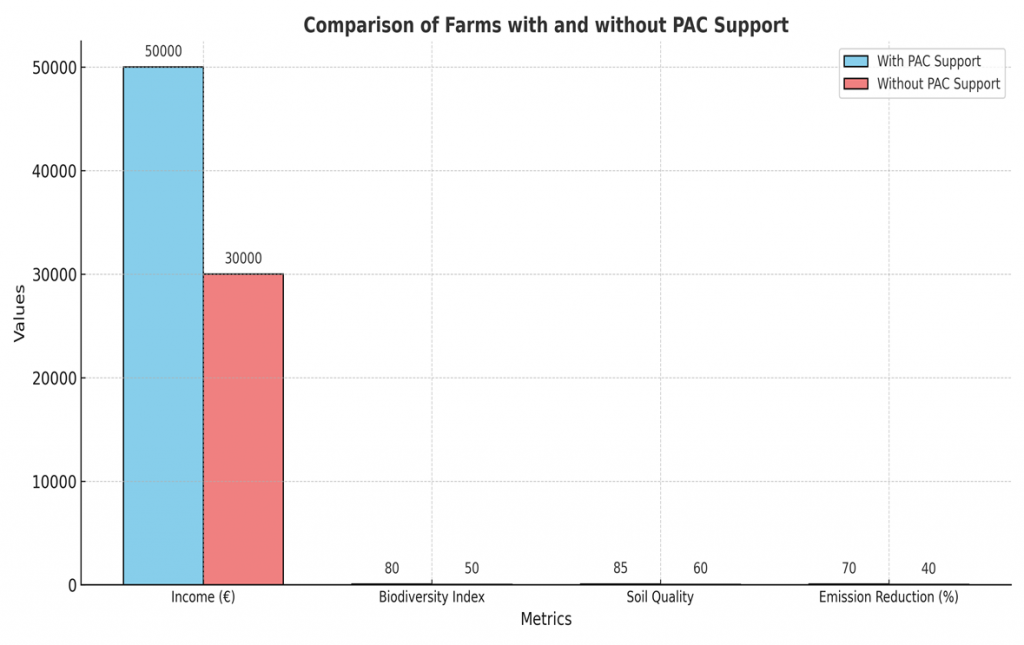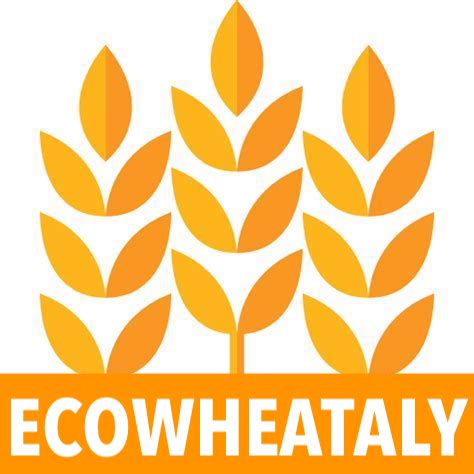Behind every field grown and every product that reaches our tables are precise choices, decisions made far from the spotlight that profoundly affect our daily lives. Agricultural policies, often perceived as distant and technical, are actually the key to improving the quality of our food, supporting local communities and protecting the environment. Understanding why these policies matter means better understanding how to build a more equitable and sustainable future for all.
Agricultural policies are essential because they help the agricultural sector become more sustainable, both economically, environmentally and socially. When these policies are well designed, they bring concrete benefits: they improve agricultural productivity, especially in rural and disadvantaged regions, helping local communities to thrive economically. They also incentivize sustainable agricultural practices, such as the protection of natural resources, contributing significantly to the fight against climate change.
These policies also have a direct impact on food security and nutritional quality, ensuring that even the most vulnerable communities have access to sufficient and healthy food. In short, focusing on smart agricultural policies means not only making the agricultural sector stronger and more competitive, but also fostering sustainability, social equity and resilience locally and globally.
In this graph there is a comparison between a CAP-supported farm and one without support, it allows us to highlight differences in income and sustainability to make it clear how beneficial agricultural policies are.

In essence, what are these benefits?
- Economic security: Guaranteed income through direct payments; Access to funds for innovative projects.
- Environmental sustainability: Adoption of environmentally friendly practices to reduce environmental impact.
- Competitiveness: Improved grain quality through incentives and training.
(Sources: Pretty et al., 2018, Agricultural Systems; Smith et al., 2019, Science of the Total Environment; Fanzo et al., 2020, Food Policy.)

